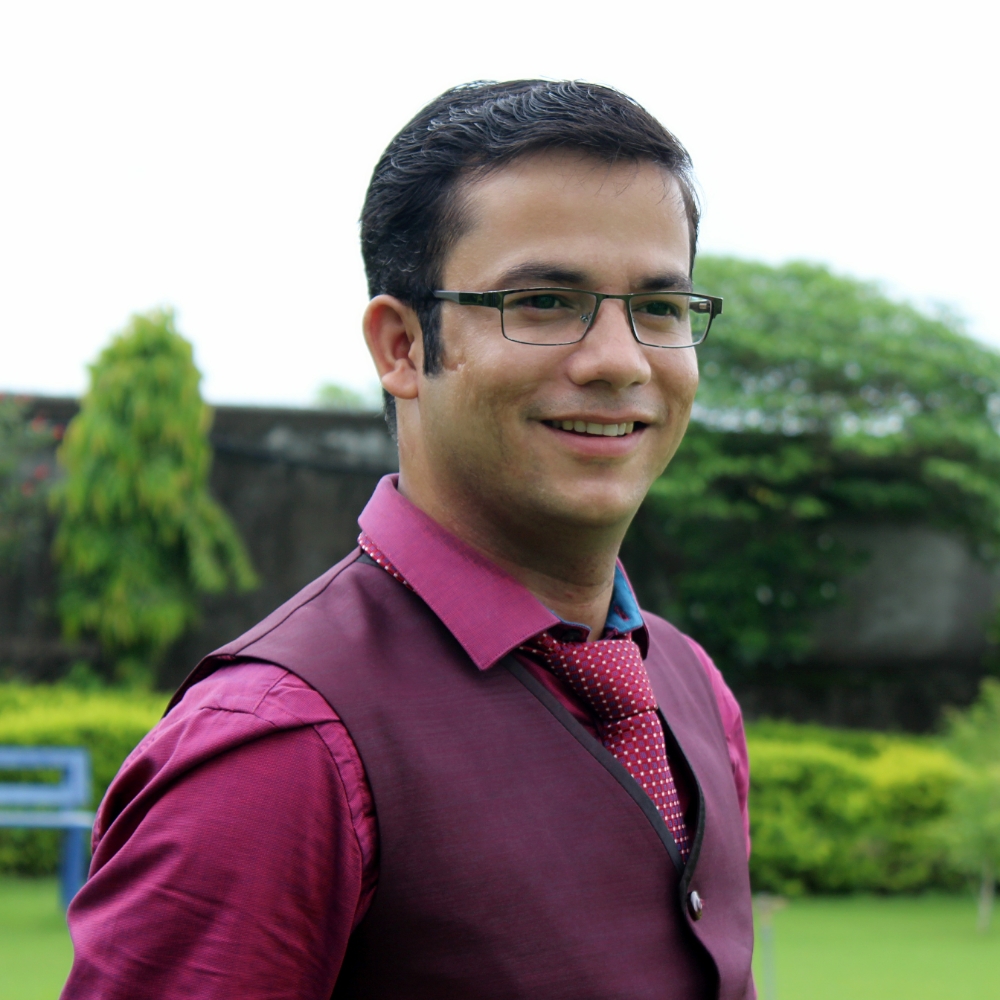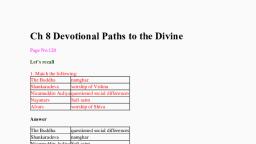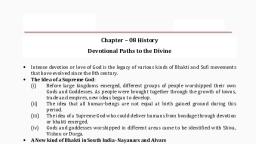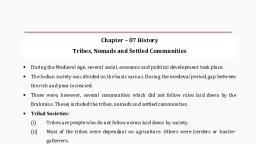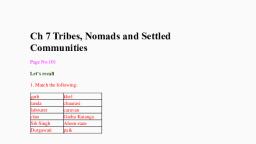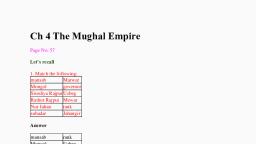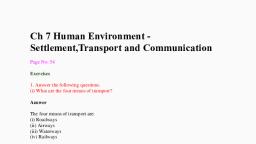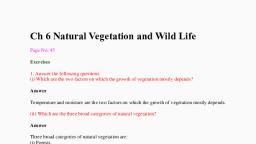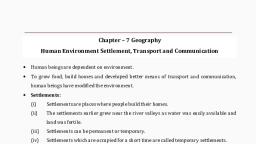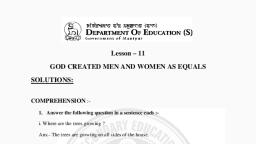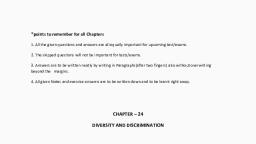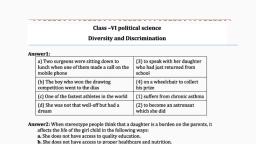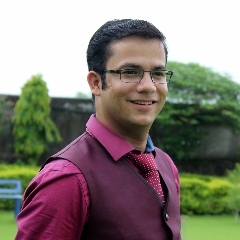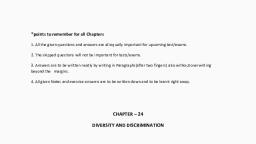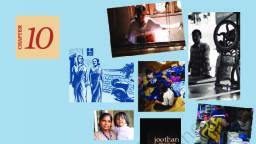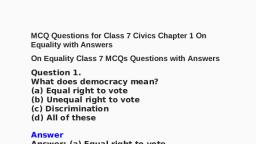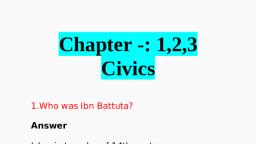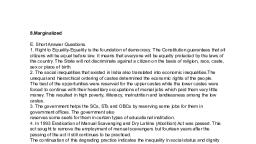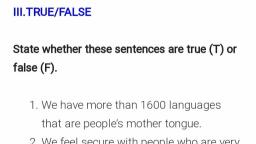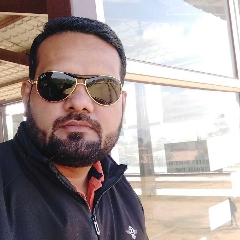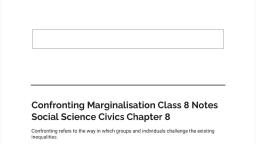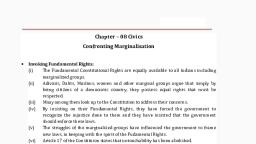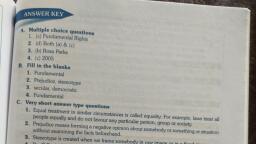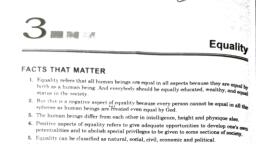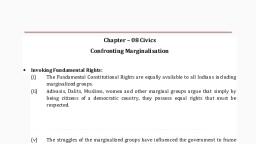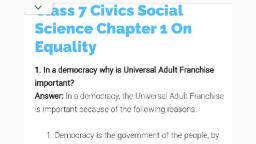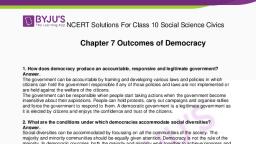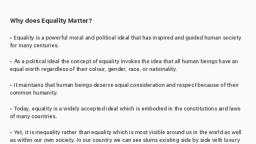Page 1 :
Chapter – 02 Political Science, Diversity and Discrimination, •, , •, , •, , •, , •, , Difference and Prejudice:, (i), All 8 major religions are practiced in India which has over 1,600 languages., (ii), Sometimes, people with very strange and unfamiliar ideas meet us., (iii) Differences in people exist on various grounds., (iv) These differences lead to prejudice. Prejudice means to judge other people negatively, or see them as inferior., Creating Stereotype:, (i), As children grow up, boys and girls are taught to do certain types of tasks., (ii), These are based on certain types of stereotype images. It means to fix people into one, particular image., Inequality and Discrimination:, (i), Discrimination happens when people act on their prejudices or stereotypes., (ii), Discrimination can take place because of several reasons., (iii) Groups of people who may speak a certain language, follow a particular religion, live, in specific regions, etc. may be discriminated against as their customs or practices, may be seen as inferior., (iv) People may suffer discrimination on economic or social grounds. Tribal, some, religious groups and even particular regions are discriminated against for one or, more of these reasons., On Being Discriminated Against:, (i), People are engaged in certain types of occupations. Certain kinds of jobs are more, valued than others., (ii), Caste rules were set which did not allow the so called untouchables to take on work,, other than what they were meant to do., (iii) Dr Ambedkar suffered discrimination when he was only of nine years in school., (iv) He emerged as the pioneer of rights of Dalits. He believed the Dalits must fight against, caste system., Striving for Equality:, (i), The struggle for freedom against British rule also strived for equality., (ii), Dalits, women, tribals and peasants have fought for long ending inequality., (iii) After Independence, the framers of the Indian Constitution aimed for ending, inequality., (iv) People were allowed freedom to follow their religion, speak their language, celebrate, their festivals and expose themselves freely., (v), To guarantee equality, India became a secular state.
